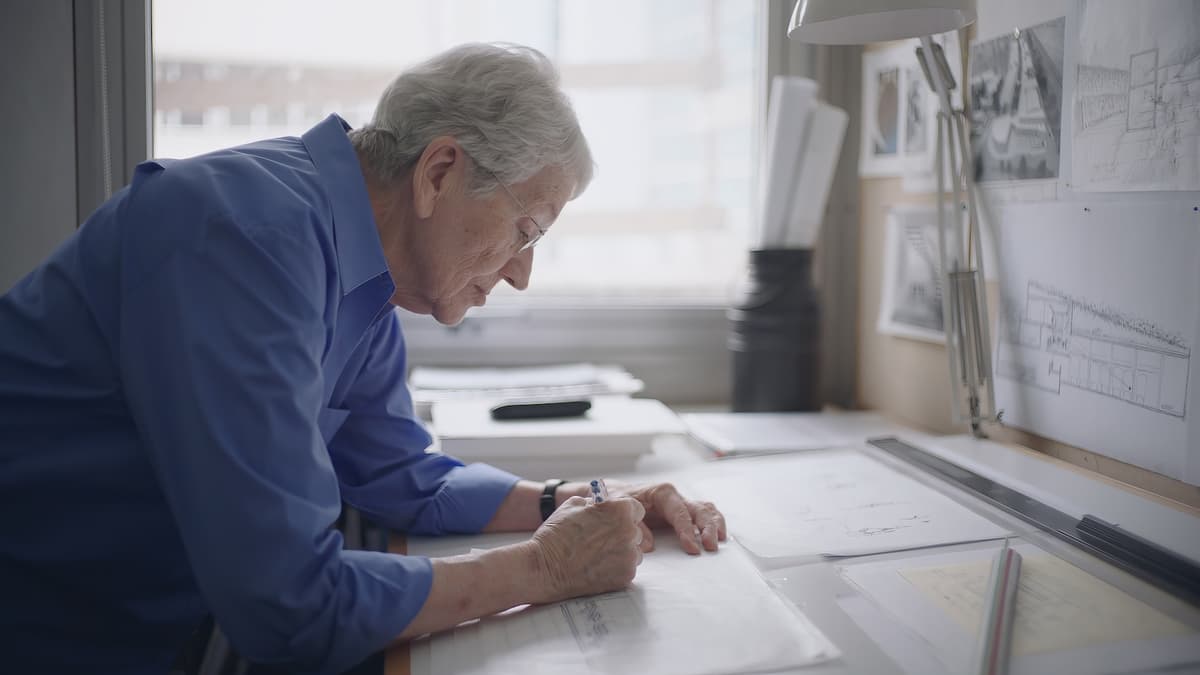
Homeland Security Shutdown Looks Set To Drag On, Bringing New Headaches for Air Travelers
By JOSEPH CURL
|A highlight of Yael Melamede’s ‘Ada: My Mother the Architect’ is how Karmi-Melamede speaks to architecture’s meaning and purpose in a manner that is all the more vivifying for its abiding clarity of spirit.

Already have a subscription? Sign in to continue reading

By JOSEPH CURL
|
By VERONIQUE de RUGY
|
By ELYSA GARDNER
$0.01/day for 60 days
Cancel anytime
By continuing you agree to our Privacy Policy and Terms of Service.